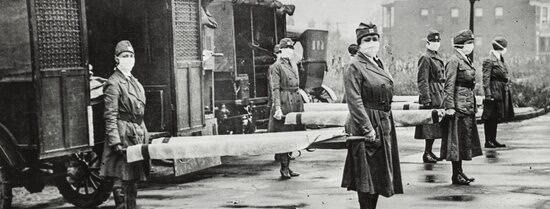How do health crises affect election results? We combine a panel of election results from 1893–1933 with spatial heterogeneity in excess mortality due to the 1918 Influenza to assess the pandemic’s effect on voting behavior across German constituencies.
- Speaker
- Date
- Monday 26 Feb 2024, 11:30 - 12:30
- Type
- Seminar
- Room
- 2-18
- Building
- Polak Building
(with Matthias Blum, Erik Hornung and Christoph Koenig)
Applying a dynamic differences-in-differences approach, we find that areas with higher influenza mortality saw a lasting shift towards left-wing parties. We argue that pandemic intensity increased the salience of public health policy, prompting voters to reward parties signaling competence in health issues. Alternative explanations such as pandemic-induced economic hardship, punishment of incumbents, or political polarization are not supported by our findings.
Registration for bilateral, lunch or dinner
If you would like to meet the guest speaker for a bilateral, join for lunch or dinner, then please register by filling in the registration form.
See also
No event items found.

